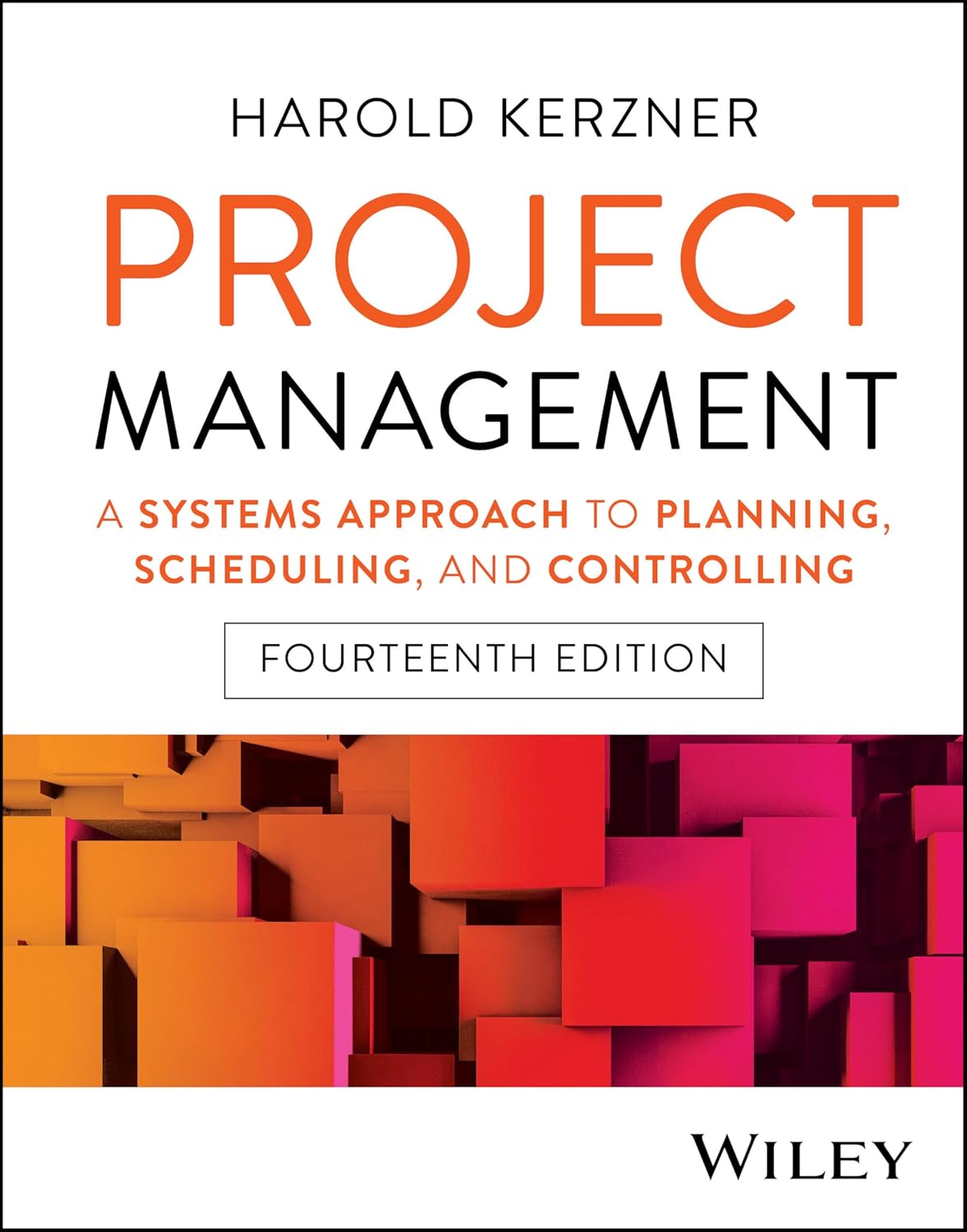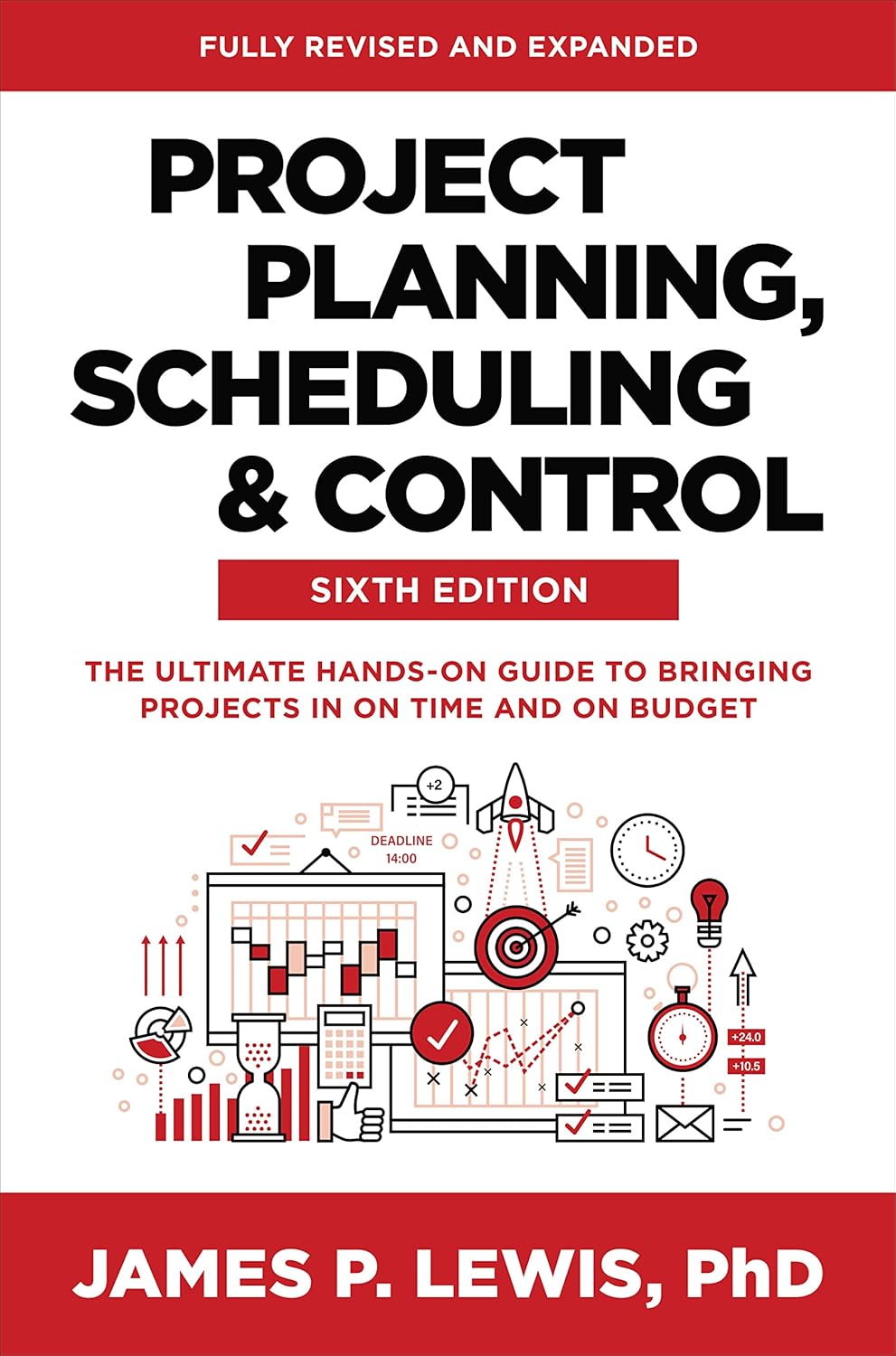
Tolerance
What is Tolerance?
Tolerance in project management refers to the acceptable range of variation allowed in project performance, particularly in areas like cost, time, scope, quality, and risk. It defines the amount of deviation from the original plan that the project team permits before it requires corrective action or escalation. Tolerance acts as a control boundary, enabling project managers and stakeholders to make informed decisions without requiring constant approvals for minor changes. It supports flexibility while maintaining overall project alignment with goals and expectations.
Key Points
- It establishes upper and lower limits for key project parameters, including budget, schedule, and quality standards.
- It enables decision-making at appropriate levels without escalating every issue to senior management.
- Precise definitions of tolerance are essential for effective monitoring and control during a project’s lifecycle.
- Breaching a tolerance level usually triggers an exception report and a formal review process.
- It supports proactive risk management by identifying acceptable limits for unforeseen changes.
Related Terms
- Project governance establishes the authority levels that determine who can approve changes within tolerance limits.
- Risk management involves defining tolerance thresholds to understand how much uncertainty a project can absorb.
- Change control ensures that any changes exceeding tolerance levels go through a formal approval process.
- Project baseline establishes the original performance targets against which projects measure tolerance levels.
- Exception reporting occurs when project performance exceeds or falls below the agreed-upon tolerance levels, necessitating management intervention.
Tolerance: Example
A construction project has a time tolerance of plus or minus five days on the completion of its foundation phase. If the project team completes the work within this window, it can proceed without notifying upper management. However, if the delay extends beyond five days, the project manager must raise an exception and possibly revise the project plan. This approach allows the team to manage minor delays internally while ensuring accountability for significant issues.
Tolerance: Best Practices
- Set clear and realistic limits during the project planning phase.
- Clearly and effectively communicate tolerance boundaries to all team members and stakeholders.
- Regularly monitor project performance to detect early signs of tolerance breach.
- Use exception reports to escalate issues only when necessary.
- Review and adjust thresholds as the project evolves to reflect changing risks or priorities.
Additional Resources
Preparing for a PMI certification?
- Exam Prep Courses: PMP®, CAPM®, and PMI-ACP®
- Exam Simulators: PMP®, CAPM®, PMI-ACP®, PMI-PBA®, PMI-RMP®, PMI-SP®, PgMP®, and PfMP®
- Professional Development Units (PDUs): 15, 30, and 60 PDU Bundles




